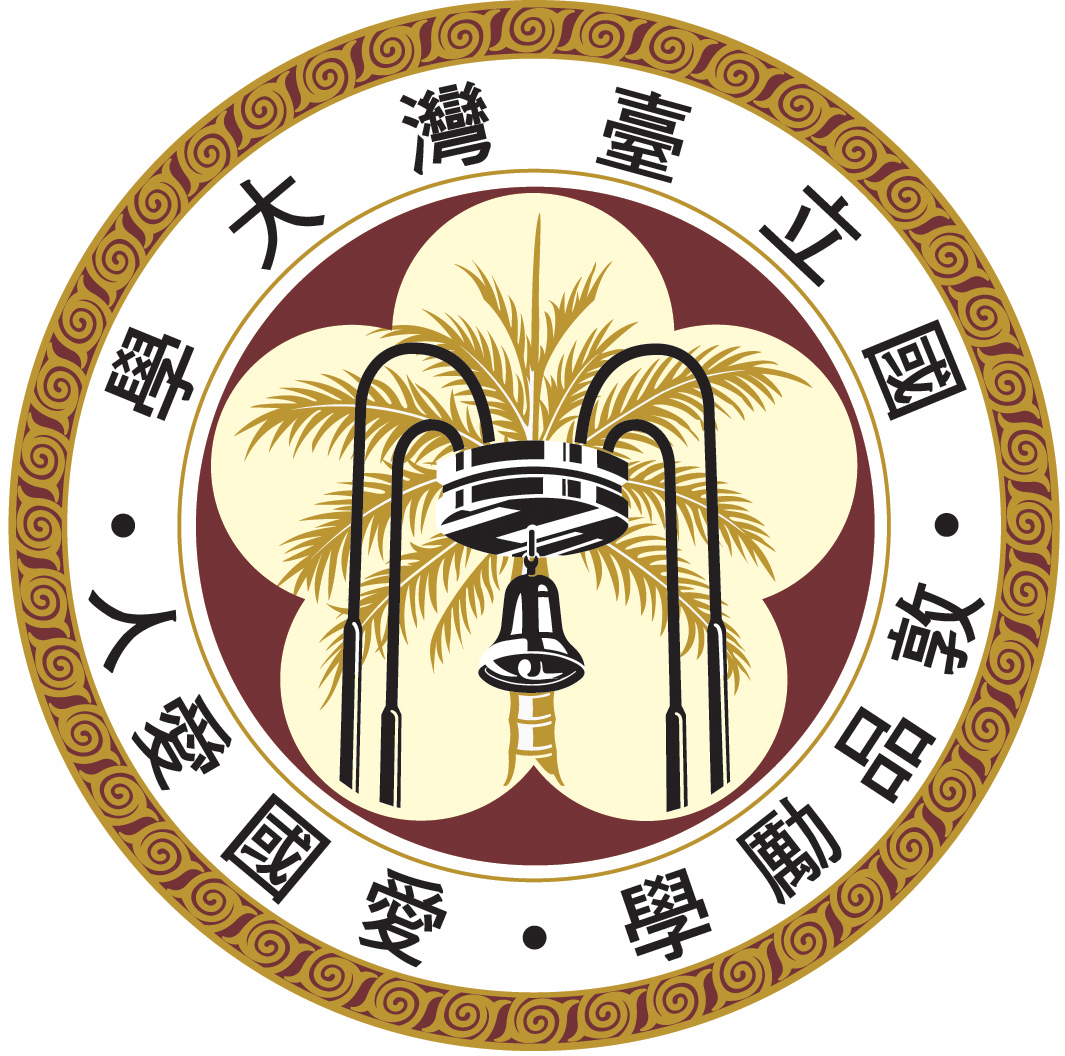Medical mechanics and cardiopulmonary engineering
Research Field
Dr. Yu-Chun (Yolanda) Lin is an Assistant Professor at the Institute of Medical Device and Imaging, School of Medicine, National Taiwan University. Her research focuses on respiratory diseases, pulmonary transplantation, fibrosis prevention, and biomedical engineering, with expertise in areas such as biofluid mechanics, microfluidics, and artificial organ development.
Before joining NTU, Dr. Lin was a Research Associate at Stanford University, where she worked on fibrosis-related studies and collaborated with pharmaceutical companies on potential therapies. She has also held research positions at Harvard University, UC Berkeley, and the University of Michigan, contributing to studies in mechanobiology, lung disease, and medical device development.
Dr. Lin earned her Ph.D. in Biomedical Engineering from the University of Michigan and has been involved in several funded projects related to lung tissue engineering, cancer immunotherapy, and aerosol therapy. With a background spanning both engineering and medical research, she aims to bridge fundamental science with clinical applications.
Her lab welcomes international students and researchers interested in biomedical engineering, respiratory health, and translational medicine, offering an interdisciplinary environment for collaborative learning and innovation.
Our lab investigates how mechanical forces influence cellular behavior and disease progression, with a focus on respiratory health, ocular biomechanics, and medical device innovation. By integrating biomechanics, physiology, and molecular biology, we aim to translate fundamental research into clinical applications.
A key area of our work is the lung microenvironment, where we study parenchymal–mesenchymal interactions using 3D lung-like tissue models. We explore how mechanical stress from ECM remodeling and breathing affects lung repair and fibrosis, employing advanced imaging and biomechanical analysis to uncover new therapeutic targets.
We also examine corneal biomechanics, investigating how mechanical changes impact wound healing and vision. In medical device research, we develop safer and more precise catheter angiography techniques through computational modeling and ex vivo experiments. Additionally, we use in vivo pulmonary disease models to bridge laboratory discoveries with real-world applications.
Our lab fosters an interdisciplinary and collaborative environment, welcoming students and researchers to contribute to innovative solutions in translational medicine.
🔹 3D Lung Tissue Models & Pulmonary Disease Research
We develop three-dimensional (3D) lung-like tissue culture systems to study parenchymal–mesenchymal interactions in lung development, homeostasis, and repair. Our research explores how mechanical stress—such as ECM remodeling, stretch, and shear forces—influences disease progression, particularly in fibrosis and lung tissue remodeling. Using advanced imaging techniques like multiphoton microscopy, confocal microscopy, and quantitative phase contrast imaging, we aim to uncover the mechanobiological mechanisms behind lung diseases and potential therapeutic interventions.
🔹 Corneal Biomechanics & Eye Physiology
We investigate how mechanical forces impact corneal structure and function, particularly in response to injury, disease, and surgical interventions. Our research focuses on the endothelial/epithelial–stromal communication under mechanical stress, providing insights into conditions that affect vision and corneal health.
🔹 Medical Device Design & Vascular Imaging
We use computational fluid dynamics (CFD) modeling and ex vivo experiments to improve the safety and effectiveness of catheter angiography, a key diagnostic tool for vascular diseases. Our research explores how injection conditions, catheter design, and fluid dynamics impact endothelial integrity, with the goal of developing personalized, patient-specific vascular imaging techniques.
🔹 In Vivo Pulmonary Disease Models
To bridge the gap between bench and bedside, we establish and utilize animal models of respiratory diseases to test novel therapeutic strategies.
Our lab fosters a multidisciplinary and collaborative environment, welcoming researchers and students from diverse backgrounds to contribute to advancing translational medicine.
Elite Scholarship, Ministry of Science and Technology, Leaders in Future Trend Program 2017
Invited speaker, Aspen Lung Conference 2016
Invited speaker and Travel Awardee, Aspen Lung Conference 2014
Travel grant awardee, American Society of Transplantation, Fellow symposium on transplantation medicine, 2011
Taiwan Merit Scholarship, National Science Council of Taiwan, 2008
Biomedical Engineering Fellowship, American Society of Artificial Internal Organ, 2005
Best Poster, NASA/NBEI/BME Research symposium on bioengineering and space biology, 2005
Biomedical Engineering Fellowship, American Society of Artificial Internal Organ, 2004
University of Michigan, Ann Arbor Ann Arbor, Michigan
M.S. & Ph.D., Biomedical Engineering
National Taiwan University Taipei, Taiwan
B.S., Chemical Engineering
1 Vacancy
Job Description
Additional Benefits
- Hands-on experience with advanced laboratory techniques in cancer research
- Mentorship from established researchers in the field
- Exposure to Taiwan's healthcare research environment
- Opportunity to contribute to publications and presentations
- Engagement with clinical applications of basic science research
Application Process
Qualified candidates should apply through the IIPP system after being nominated by their home institution. Please include a statement of research interests and experience, academic transcript, and any relevant research experience.
Laboratory Information
The Medical Mechanics and Cardiopulmonary Engineering Lab integrates principles of biomechanics, molecular biology, and engineering to understand disease mechanisms and develop innovative therapeutic approaches. Our multidisciplinary team focuses on cancer biology with emphasis on the mechanical and molecular interactions within the tumor microenvironment.
Preferred Intern Education Level
Required Qualifications
- Current enrollment in an undergraduate program in Biological Sciences, Biomedical Engineering, or related field
- Laboratory experience with standard molecular biology techniques, particularly PCR, ELISA assays, and RNA sequencing
- Understanding of cancer biology fundamentals
- Strong analytical skills with attention to detail
- Ability to work both independently and collaboratively in a research setting
Skill sets or Qualities
Preferred Qualifications
- Experience in cancer research or related biomedical fields
- Familiarity with tumor microenvironment or extracellular vesicle studies
- Background in data analysis of biological samples
- Interest in translational approaches to cancer research
- Basic Mandarin language capability (not required; lab communication is primarily in English)
